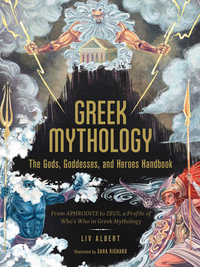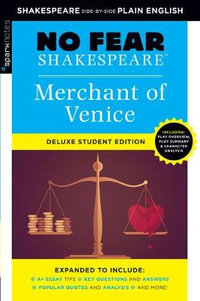"This is the first major critical study of Arun Kolatkar, the late-twentieth century's most absurdly neglected poet. It is also a stylish, refreshingly anti-academicist example of what literary scholarship at its best and boldest can do today. By redrawing the map of 'literary modernism', and encouraging us to think about the English language and its poetry in compelling new ways, Laetitia Zecchini has not only created space for Kolatkar in our times. She has given new life to the lost art of literary criticism." --Peter D. McDonald, St Hugh's College, Oxford, UK
"Most discussions of world literature today assume the novel as its protagonist and paint pictures of the world as either hopelessly fixed in centres and peripheries or as circulating suspended from local places.
Arun Kolatkar and Literary Modernism in India gives us a strikingly different picture of literature and the world, deeply located and open to a world of voices, resolutely experimental and making contemporaries out of diverse ancestors, switching between languages and "finding poems" in snatches of multilingual conversations and everyday objects, constantly on the move without ever settling on a final word. The first monograph on one of the world's great poets who had an extraordinary
oeuvre in two languages-Marathi and English-this book is also a bold critical intervention in post-colonial literature and literary modernism world-wide. As vibrant, perceptive and brimming with ideas as its subject, it brings to life the city and the transnational counter-culture that Kolatkar was so much part of." --
Francesca Orsini, Professor of Hindi and South Asian Literature, SOAS, London, UK. "An exciting, readable, deeply researched, analytical study of a world-class author who was mostly unknown to those outside India until after his death, this is one of the best books about Indian literature. Presenting the first in depth portrait of Arun Kolatkar's life and works based on his writings, unpublished and previously unknown documents, and interviews with others, it illuminates the many local and international cultural and linguistic influences that for over two decades nourished Bombay's artists and writers. Besides throwing light on the roles of Kolatkar, Arvind Krishna Mehrotra, Dilip Chitre, and Adil Jussawalla in creating a modern Indian literature, the author shows the need for postcolonial studies focused on realities rather than assumptions." --
Bruce King, author of Modern Indian Poetry in English, Three Indian Poets, and ReWriting India "Laetitia Zecchini illuminates Arun Kolatkar's vibrant work in both local and transnational contexts. With energy and enthusiasm, she explores this marvelous poet's cosmopolitan localism and multilingual modernism, his defamiliarizing eye and all-encompassing ear. This book is a welcome contribution to our understanding of Kolatkar, of twentieth-century Indian poetry, and of transnational modernisms." --
Jahan Ramazani, author of A Transnational Poetics and of Poetry and Its Others "This pioneering book, much of it based on archival sources, is an immense feat of literary recovery and retelling. Laeittia Zecchini brings alive the world of Arun Kolatkar and his contemporaries, the first generation of post-independence poets centered in Bombay. Scholars who come after her will forever be in her debt." --
Arvind Krishna Mehrotra "[Zecchini's] careful analysis of Kolatkar's life and work, her deep understanding of the history of the arts, combined with the reminiscences of the other Bombay poets . . . recorded here give this book its authoritative weight and make it . . . valuable and . . . readable" --
The Sunday Guardian, India























